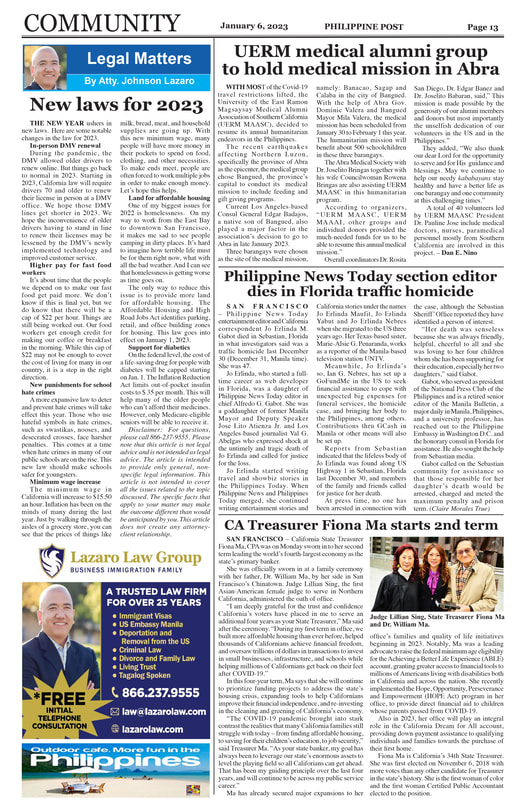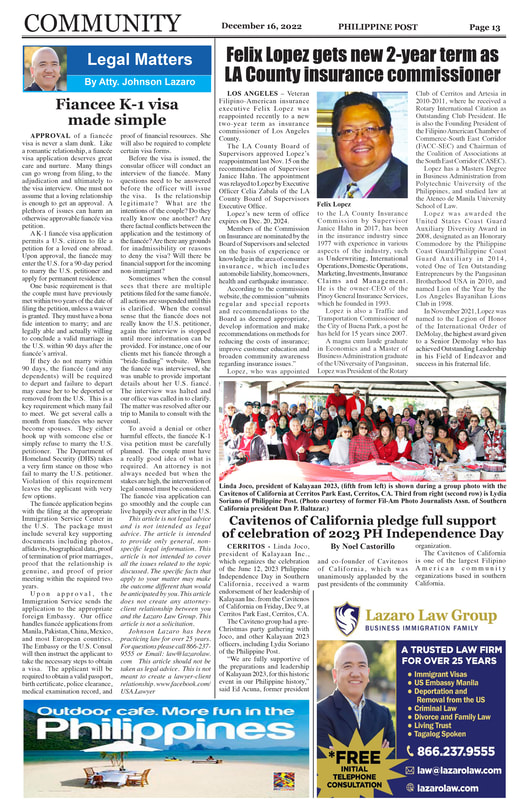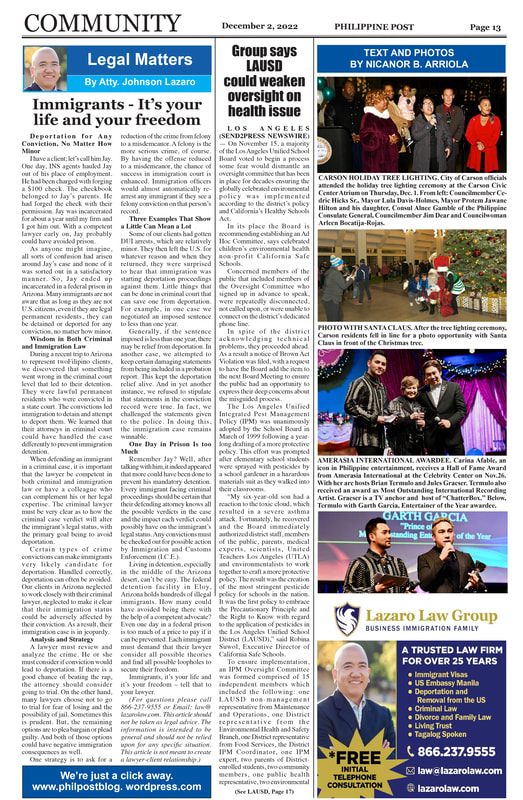(CNN)The White House announced a sweeping immigration bill Thursday that would create an eight-year path to citizenship for millions of immigrants already in the country and provide a faster track for undocumented immigrants brought to the US as children.
The legislation faces an uphill climb in a narrowly divided Congress, where House Speaker Nancy Pelosi has just a five-vote margin and Senate Democrats do not have the 60 Democratic votes needed to pass the measure with just their party's support. READ: Text of Biden-supported immigration bill Administration officials argued Wednesday evening that the legislation was an attempt by President Joe Biden to restart a conversation on overhauling the US immigration system and said he remained open to negotiating. "He was in the Senate for 36 years, and he is the first to tell you the legislative process can look different on the other end than where it starts," one administration official said in a call with reporters, adding that Biden would be "willing to work with Congress." |
Archives
July 2024
Categories
All
|
CONTACT
|
|









 RSS Feed
RSS Feed